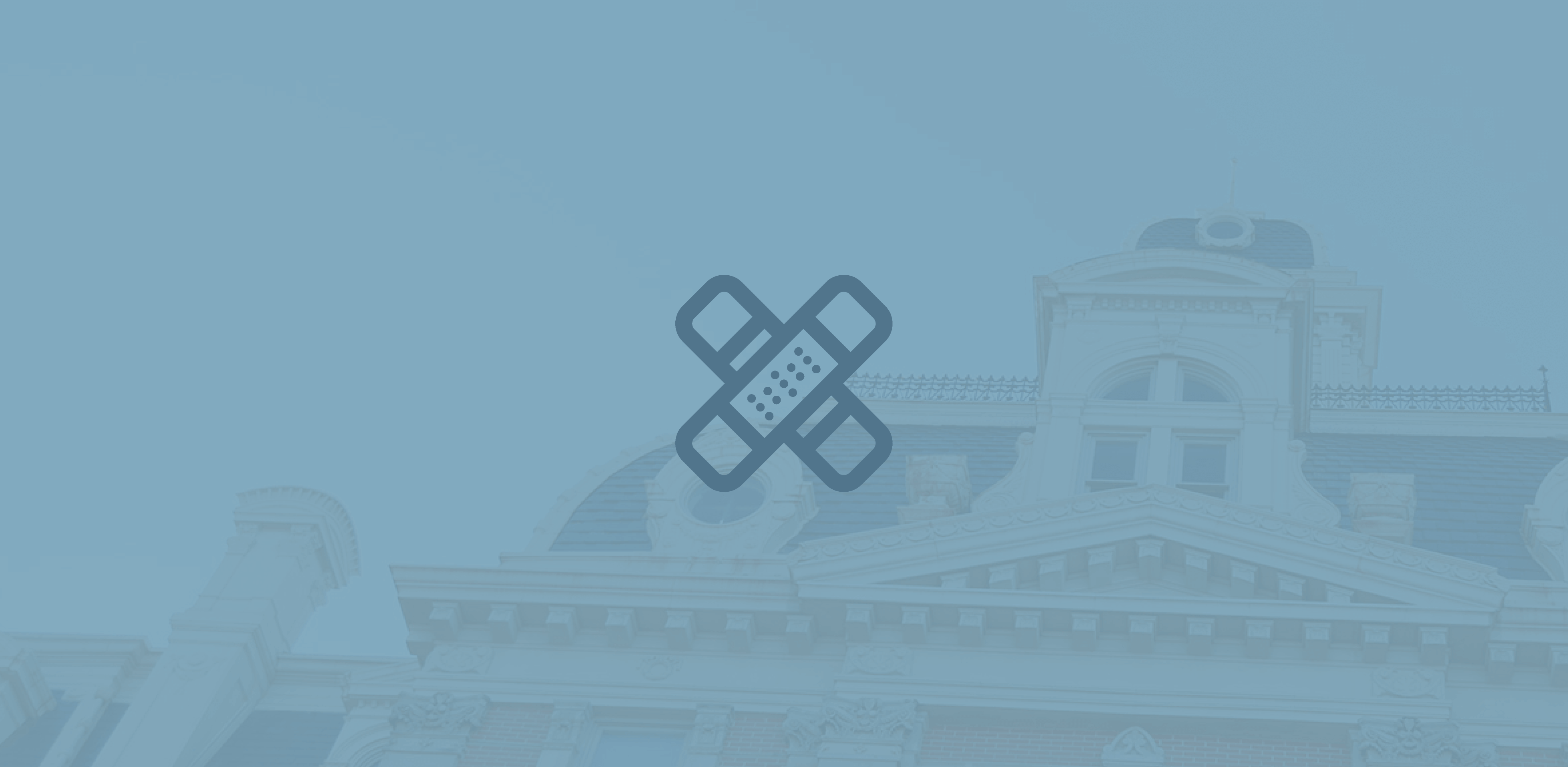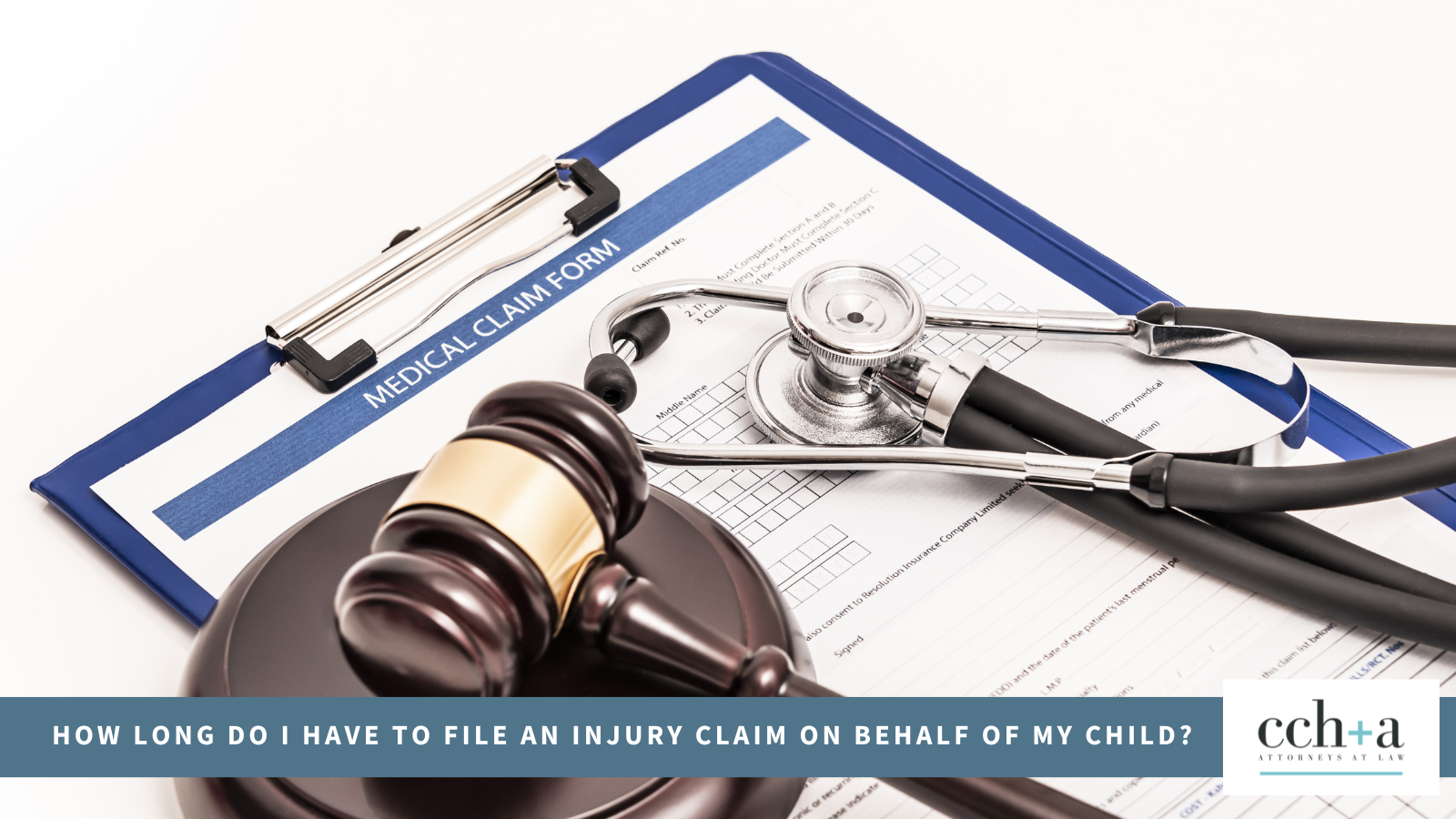How Long Do I Have to File an Injury Claim on Behalf of My Child in Indiana?

Author: Rachel N. Woloshin
POST DATE: 1.9.24

When a child is the victim of a serious injury caused by someone else’s negligent behavior, it can be challenging if not devastating for everyone involved. If you are the parent or legal guardian of a child who has been injured, you may be wondering about their legal right to seek justice and compensation for the harm caused.
In Indiana, you may pursue damages on behalf of your child. The Indiana statute of limitations for personal injury extends only two years from the date the injury occurred, so it is important to contact a child injury lawyer as soon as possible to start the process. At Church Church Hittle and Antrim, we value the personal connection to our clients and understand how important it is to have compassionate representation during difficult times. We pride ourselves on maintaining our family-like atmosphere and client-focused culture.
Can a Minor Sue Someone?
Anyone under the age of 18 does not have the legal capacity to file a lawsuit, but that does not mean they do not have a right to compensation. Parents or legal guardians can file a claim on their behalf and seek to recover damages for the child’s medical bills, pain and suffering, loss of earning capacity as an adult, permanent disability, and other damages.
Indiana Statute of Limitations for Personal Injury
A statute of limitations sets boundaries for how long an injured party has to file a claim in a court of law. This prevents defendants from unfair legal action that happens years or decades after an incident—when relevant evidence may no longer be available and witnesses may not clearly remember crucial details. The personal injury statute of limitations in Indiana is consistent with many other states, and it gives a plaintiff two years from the date of the incident to file their case.
When the victim is a minor child, the statute of limitations for personal injury can be extended for two years from the day the child turns 18. This gives the child the chance to file on their own behalf. However, if the child is young and in need of costly medical care, waiting may not be the best option. In this scenario, a parent or legal guardian would file on behalf of the child.

What Happens If You Miss the Deadline?
If a personal injury lawsuit is filed after the statute of limitations has passed, the defendant will most likely submit a motion to dismiss the case. Unless an exception applies, the court will grant the dismissal. Your child injury lawyer can help you determine if any exceptions apply.
What Happens When a Minor Wins a Lawsuit?
If a settlement or judgment is reached on behalf of a minor child, it must first be approved by the court. According to Indiana Code § 29-3-3-1, if damages are more than $10,000, the court will appoint a guardian to ensure that the settlement is in the child’s best interest. This guardianship does not affect the status of a parent or other legal guardian in relation to the child. It only establishes authority for the guardian to manage the minor’s financial affairs related to the settlement.
The proceeds of any compensation recovered on behalf of the child are the child’s property. For the payment of outstanding medical expenses, the court can authorize settlement fund disbursement to individual providers. After such disbursements, the balance of the funds belongs to the child. The appointed guardian will deposit the funds into an account on the minor’s behalf, and the court must approve any withdrawals made before the child is 18. Once the child is no longer a minor, they are granted full access and control over the money.
Contact Us
CCHA Law has proudly served injured clients and their loved ones in Indiana since 1880. Our team of experienced personal injury attorneys understands how devastating it can be to see a child harmed, and we are here to help you get the compensation you deserve. CCHA Law serves personal injury clients across the state of Indiana, including Indianapolis, Noblesville, Fishers, Westfield, Carmel, Tipton, Zionsville, Whitestown, Lebanon, and beyond.
Contact us to schedule an appointment.